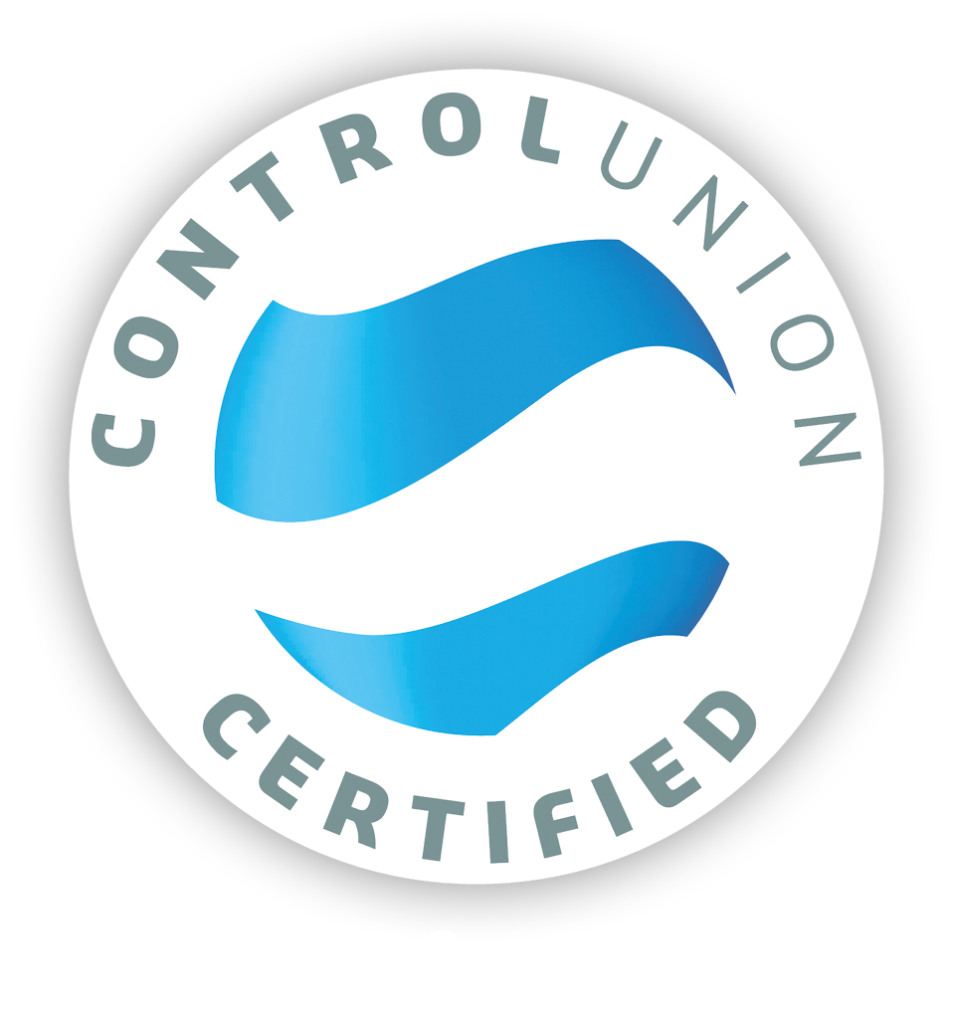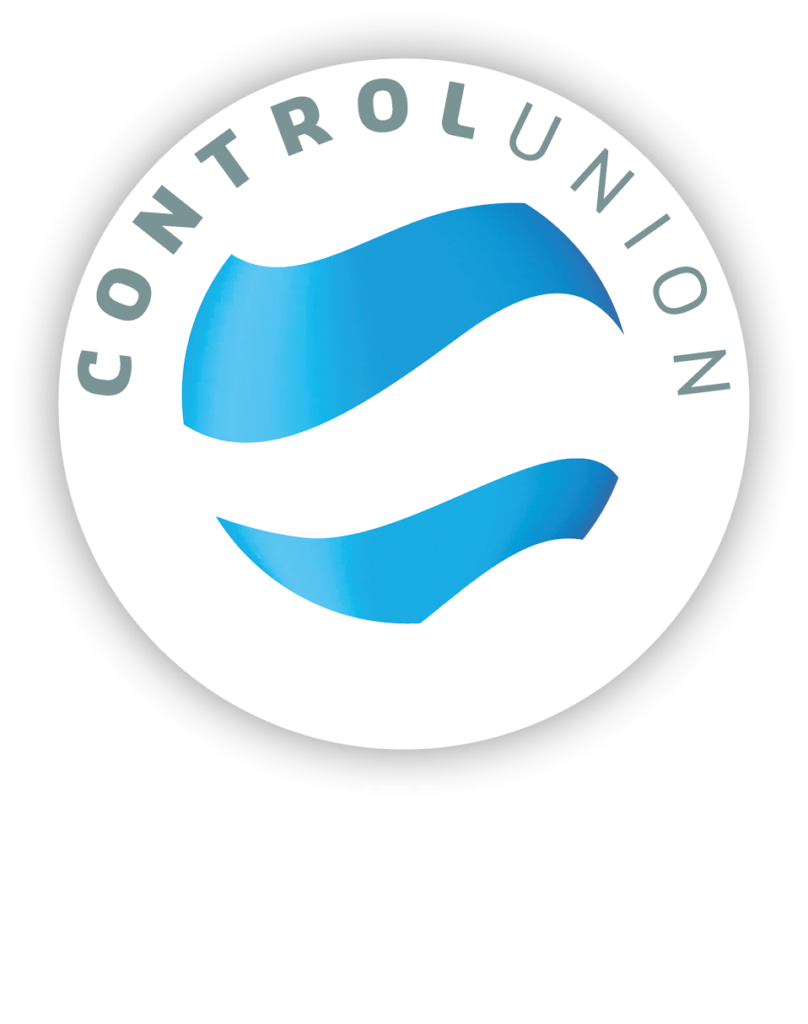Agriculture and Climate Change
Understanding the effects of Climate Change on Agriculture
No Room to Hide: Climate Change in the Cape Winelands
CLIMATE CHANGE AN INCONVENIENT TRUTH?
As an introduction
I was fortunate to be invited to attend the 2012 Climate Reality Training in Istanbul Turkey, presented by Al Gore to prepare me for the position of influencer and Climate Reality Leadership.
This strengthened my resolve when I realized the need to speed up the awareness of our role as humans in creating a destructive world that will become more and more uncomfortable to live in. To re-think our lifestyles towards regenerating damage to natural eco-systems while we regain our health and wellness will challenge us exponentially in years to come. Jenny Slabber, Climate Reality Leader
Former vice president of USA, Al Gore and Leonardo diCaprio teamed up to make the movie “An Inconvenient Truth” a number of years ago to bring to our attention that mankind was very quickly “self-destructing” in our greedy unsustainable, over consumption of natural resources. Especially harmful is our relentless burning of fossil fuels, and unsustainable abuse of soil in agriculture which causes damage to the fine-tuned and delicate balances of our essential natural eco-systems like air, water, soil, plant, and animal life that sustain ALL life on Earth.
The movie Inconvenient Truth showed us some scary consequences, which if we continue living irresponsibly we will feel more discomfort and extreme weather events like droughts and floods, heat and cold, crop failures leading to food scarcity which will cause famine and increased food prices, plagues and diseases in rapidly urbanized and growing city populations, melting of Arctic Ice which will raise sea-levels and cover many coastal cities, and a loss of islands like Manhattan, the Maldives, as well as prime real estate in SA (perhaps the Cape Town Waterfront?)
So, what happens to our plant, animal and insect species’ that rely on stable seasons and temperatures for their life cycles like germination of plant seeds, the estrus cycle which controls fertility in animals? We are already seeing a serious increase of animal and plant species becoming extinct, perhaps humans could be next!
But enough doom & gloom as we can all do our bit towards using this provision in a wiser and more sustainable way and this requires “Team Mankind” to pull together and change things for the better!
Farmers are truly custodians of the FUTURE as they can be instrumental in changing the piece of land that they manage for the health of the Earth and all its inhabitants as follows:
GROWING SOIL HEALTH & FERTILITY OVER GENERATIONS
The land that sustained previous generations needs of food, wood, and fiber, should sustain future generations with their provision. International research has concluded that we have only 60 years (until approx. 2080) when topsoil’s will be so depleted, – mined instead of farmed – until they are totally destroyed and unproductive. So, all farming enterprises should keep soil preservation, health, and fertility as the focus of the business.
CARBON SINKING IN SOIL TO REDUCE CO2 IN THE ATMOSPHERE
CO2 is as essential to plant health as oxygen is to humans. During the day plants breath in CO2 and exhale O2 for all the other living creatures to breathe, and at night plants take up O2. This carbon component is used as the basic skeleton of all living beings including plants or trees, animals, and people. The imbalance and pollution of air quality happens when carbon fossil fuels (coal and oil) are burned to release the carbon into the air in excessive quantities. Soils that are ploughed and tilled frequently as well as using synthetic fertilizer speeds up carbon dioxide release into the atmosphere by stripping carbon from the soil. There it becomes a greenhouse gas which changes the earth’s atmosphere thereby affecting weather patterns which results in climate instability. Farming methods should therefore focus on soil regeneration through increasing carbon content of soil such as recycling crop waste into compost, growing cover crops, green manuring, no-till or minimum tillage, and including animal farming in such systems as high-intensity grazing to recycle carbon matter from their manure to prepare the soil for the next crop cycle. This creates a Carbon sink in soil where it is available for micro-organisms and plants to nourish the next crop generation rather than releasing the CO2 gas to the air.
CHOOSING FERTILIZER FOR ENVIRONMENTAL BENEFITS, REGENERATION & PRODUCTIVITY
International legislation is restricting the use of synthesized, fast release (unstable) and water-soluble fertilizers in all efforts to reduce climate change and water pollution. The focus is usually on CO2 as a major greenhouse gas, but Nitrous Oxide (Nitrogen gas) and Chloride (Chlorine gas) are considered very serious environmental pollutants of air and water and share responsibility for climate change. These Nitrogen fertilizers are the main source of pollution in air, through production plants making fertilizers as well as loss of Nitrous Oxide off farming operations. This also causes nitrification and stagnation of fresh water sources through algae bloom, or growth of water weeds such as hyacinth on dams and lakes. High Chloride fertilizers strip humus (carbon) and Nitrogen from soil and release it into the atmosphere as a pollutant. Use carbon-based, sustained release organic fertilizers as the environmentally safe choice.
FARMING ROBUST CROPS & DIVERSIFY TO MITIGATE AGAINST CLIMATIC CHALLENGES
Challenging climatic conditions are a reality and this must be considered for any long-term enterprise. Yes, even the DAVOS 2020 World Business Leaders Forum acknowledged that this must be the most important consideration in sustainability and investment decisions, whether on the stock market, into new projects and expansions and so also on the farming operation. It might be a difficult decision to convert an existing mono-cropping, large-scale commercial farming operation producing for instance a single grain, to crop rotations and possibly diversifying to mixed crop and animal farming, but it can and should be considered in your long-term planning. This might well assist you to “weather the storm” if you suffer crop losses in the extreme climatic insecurities such as hail or frost, drought or floods that will become more frequent based on climate research and modelling predictions for Southern Africa.
USING TRIED & TESTED AGRO-ECOLOGICAL/REGENERATIVE FARMING TECHNIQUES
Well researched and time-tested conservation farming methods which regenerate abused and depleted soils must be adopted to ensure future success in farming. Whether your preferred method of farming is described as Regenerative/Sustainable/Biological/No-Till/Organic/High Intensity/Nature Farming/Nutritional Farming or Bio Dynamic, they are your choice as all these farming methods incorporate climate resilience as basic farming methods such as water retention, building carbon levels, building soil life and structure, using non-toxic fertilizer, and pest and disease control inputs, covering soil surface and preventing soil erosion. The essence of success boils down to working with nature rather than against nature.
BEWARE OF YOUR CARBON FOOTPRINT & PLAN FOR WATER RESERVES
Another adaptation that must be considered on the farm is to invest in or design your own alternative on-farm green technologies (such as solar, wind, biogas, or biofuel (methane) in order to reduce your carbon footprint and ever escalating costs such as electricity, fuel, transport, and costly input- farming practices of the past. In Southern Africa, our infrastructure depletion and demands of the growing populations will force the farming operation to think creatively to reduce reliance and costs on existing supply services. Dams, reservoirs,’ tanks, and boreholes should be installed to augment water during droughts in uncertain times. It is time to do what we do best – ‘n Boer maak ‘n Plan!
QUOTE:
If as a nation we value profit maximization over adopting precautionary practices, then our nation’s health will suffer. The long-term cost of caring for those who develop disease from preventable exposures is likely to continue to escalate.
Click on the buttons below to learn more on the important effects that farmers will have to adapt to in terms of the effects of a changing or variable climate in the future.
Subscribe for more
Want to be updated on Talborne products, Information & promotions add your email to sign-up


Contact
- +27 61 454 9632
- +27 13 933 3172
- +27 13 933 3603
- 079 896 5814
- Info@talborne.co.za
- 9 Tungsten str, Ekandustria, Bronkhorstspruit, GP, RSA



Copyright 2022 by Talborne Organics (Pty) Ltd.
Terms & Conditions / Privacy Policy / Sitemap


